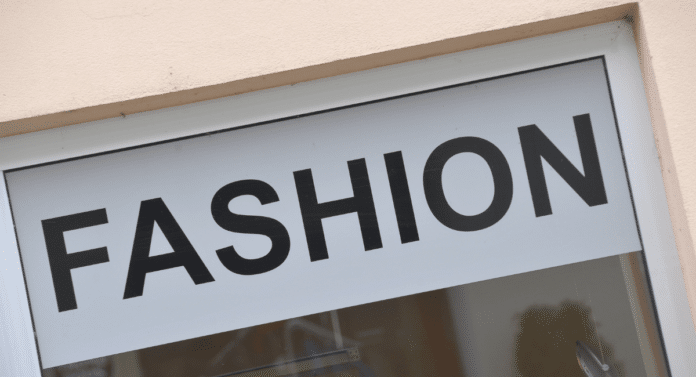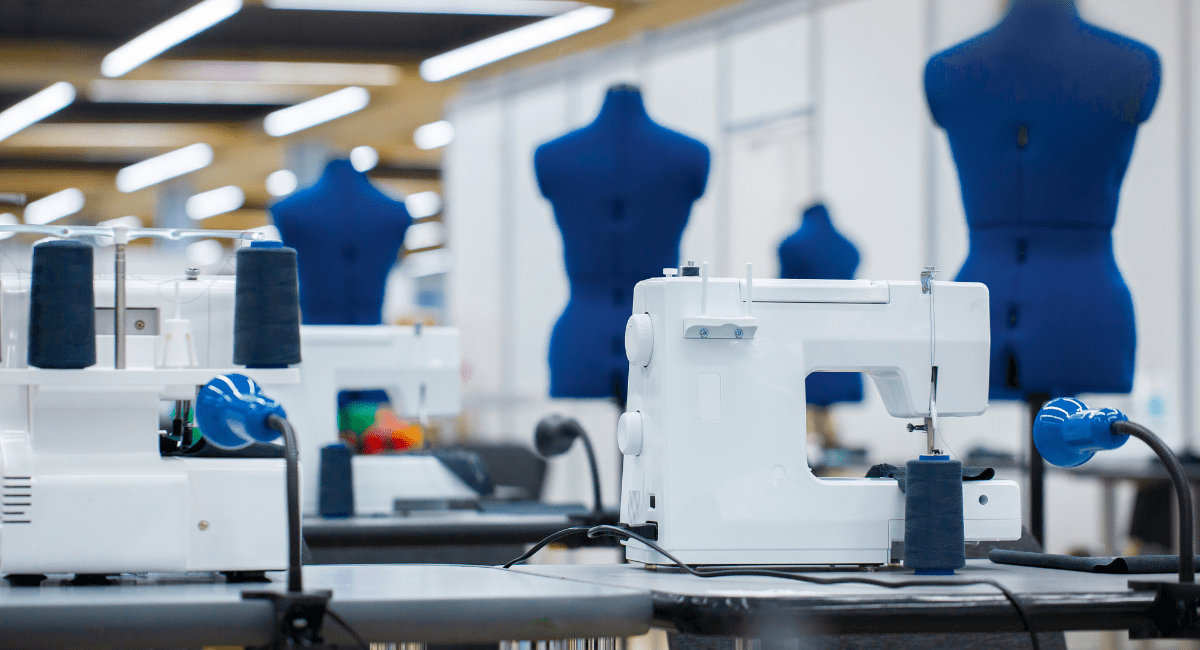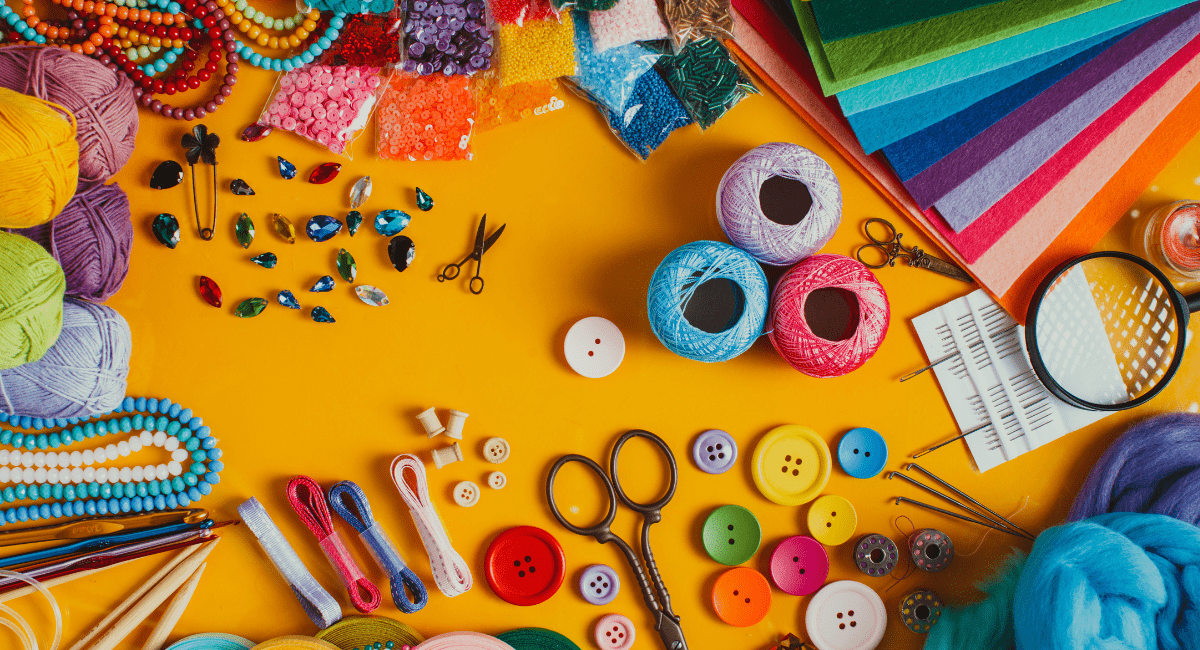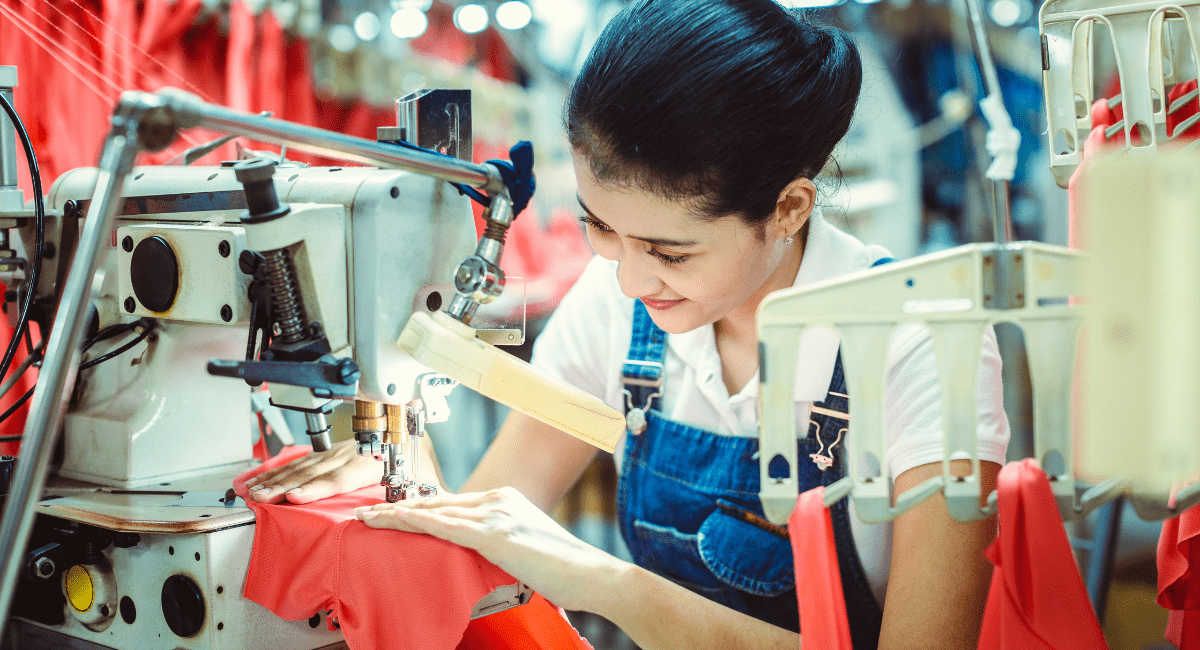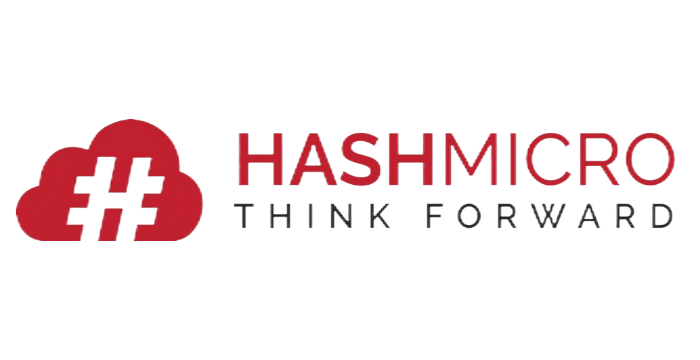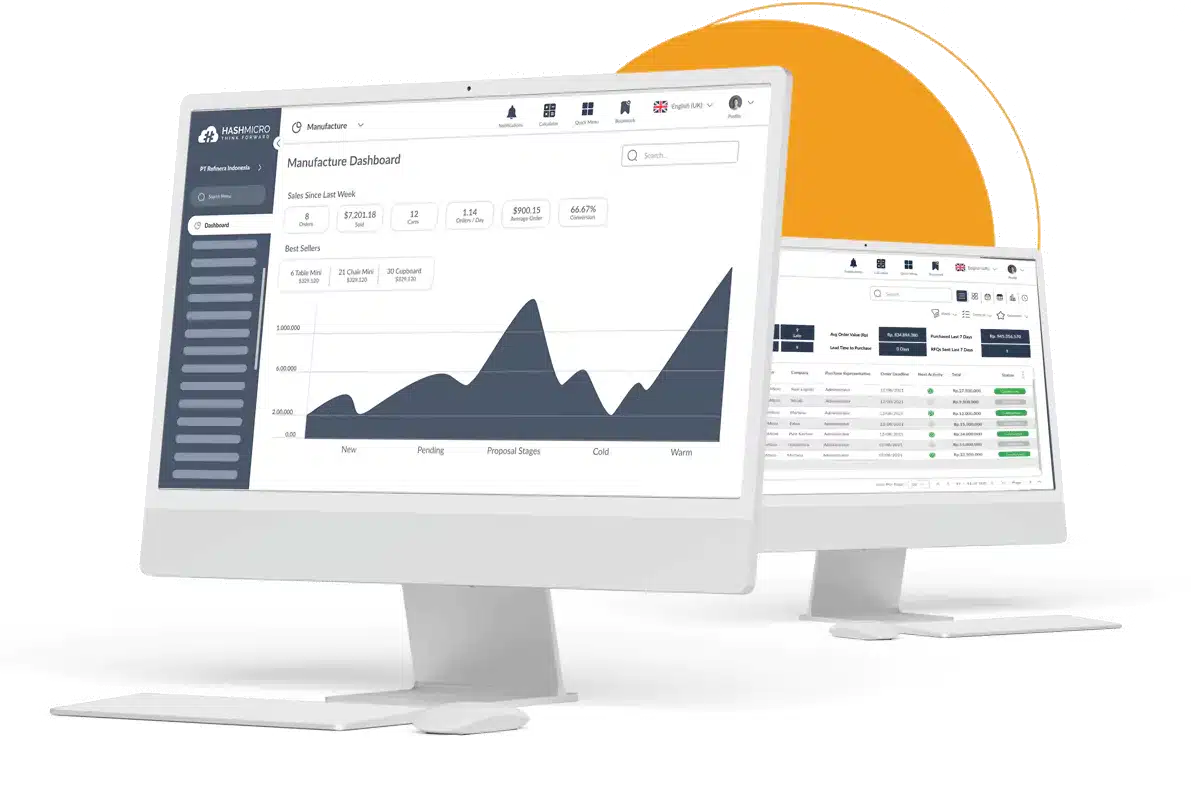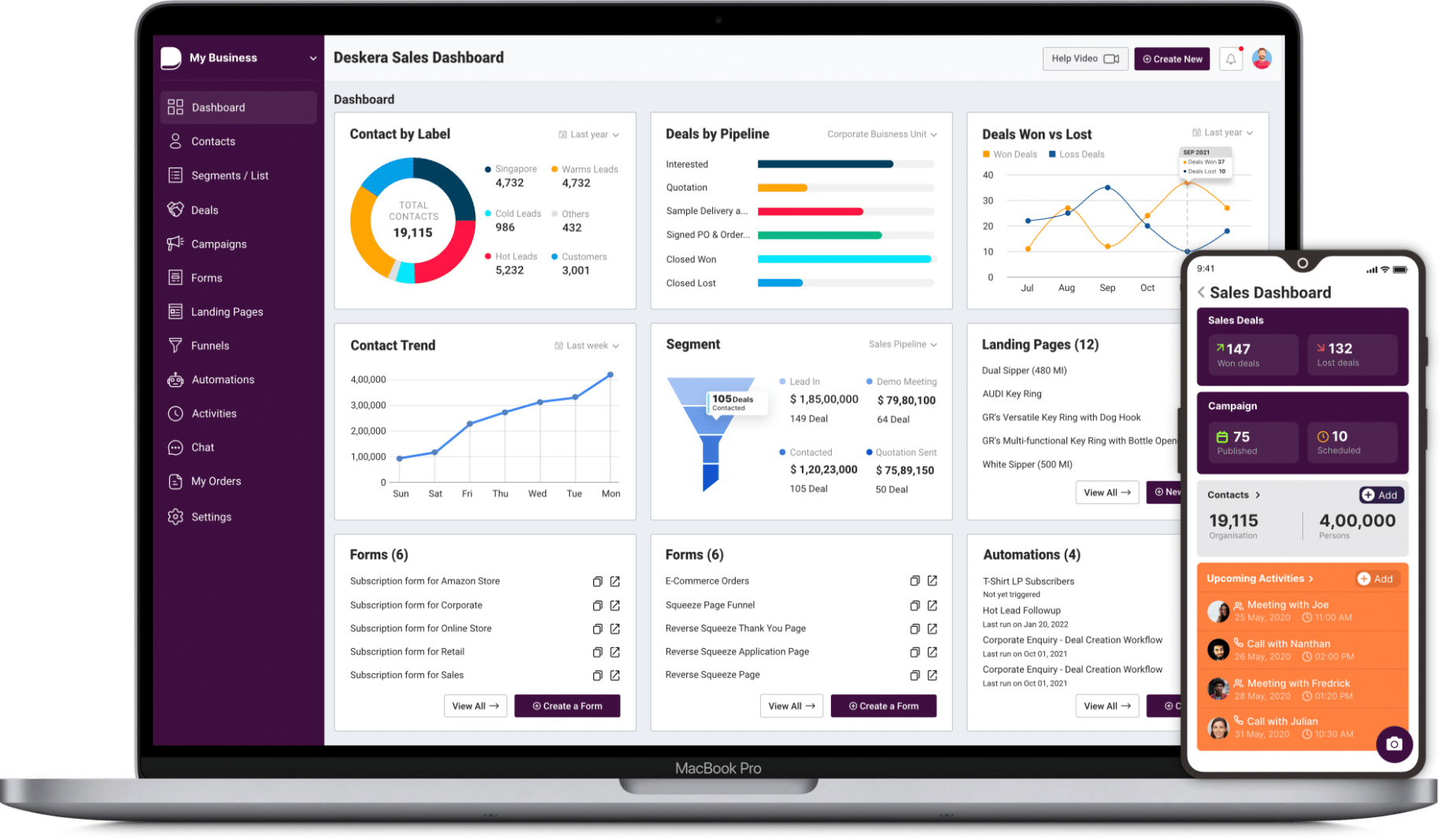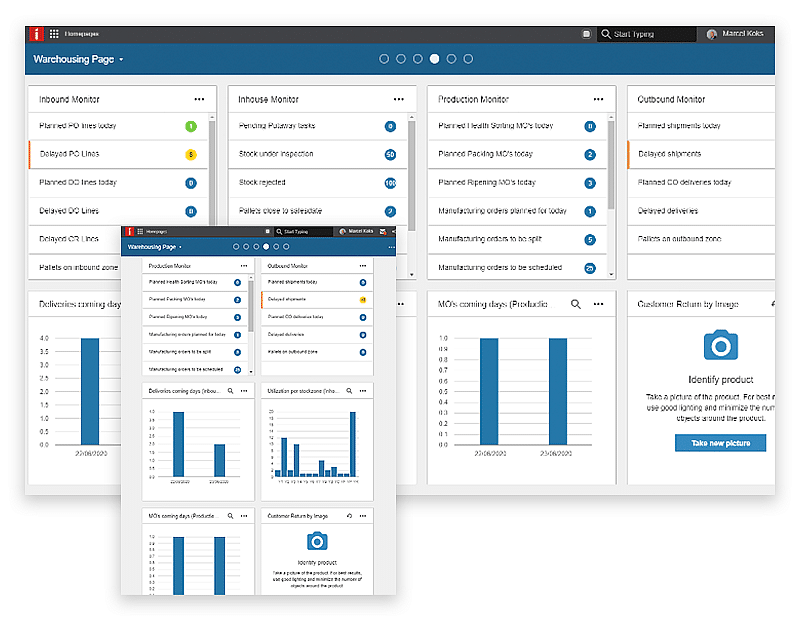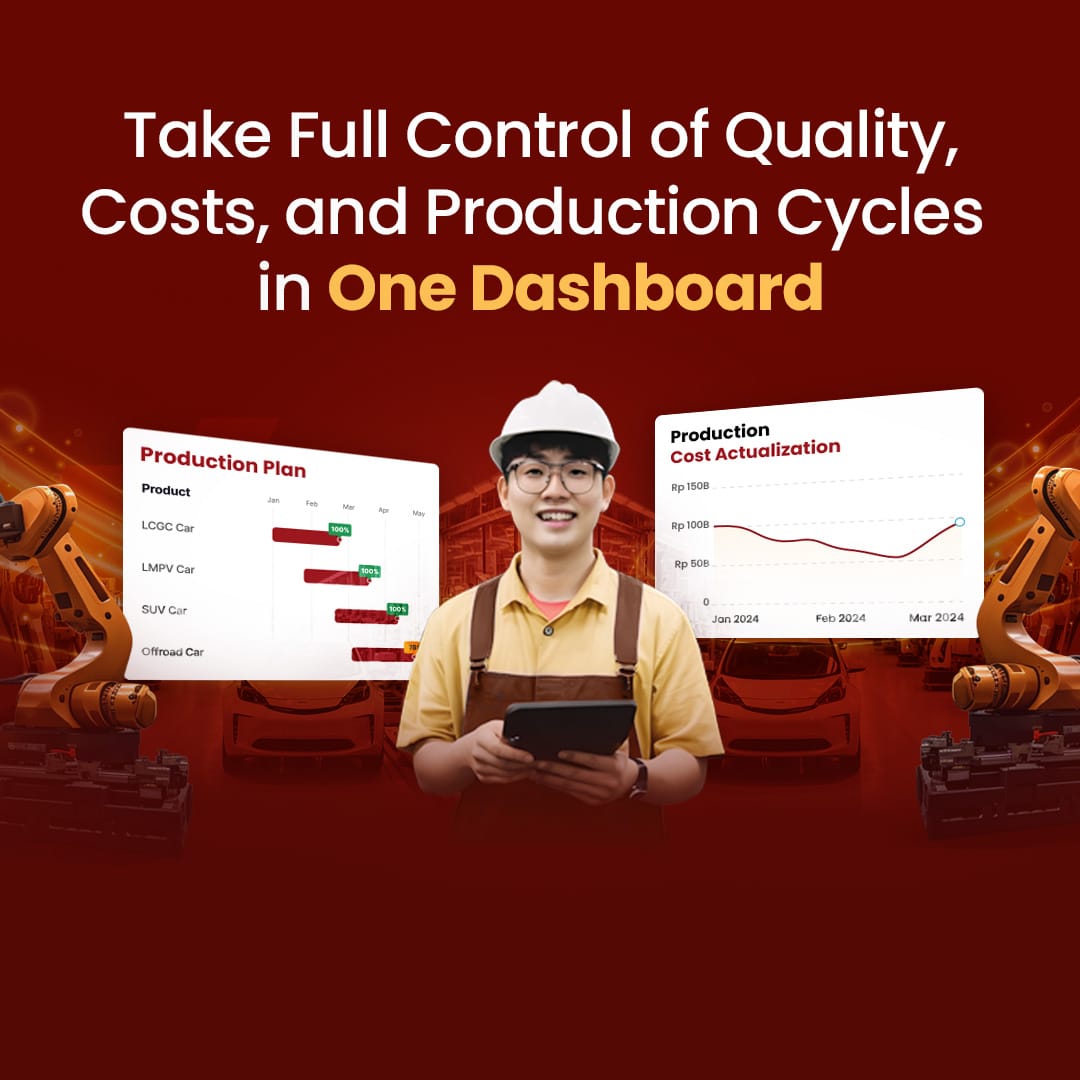The fashion industry is a promising and thriving business sector that captivates the attention of millions worldwide. From haute couture to ready-to-wear, the fashion industry embodies creativity, self-expression, and an insatiable appetite for innovation.
However, amidst this glamour and allure, managing the complex operations of fashion businesses can be a daunting task. That’s where Enterprise Resource Planning (ERP) software steps in as a game-changer.
In the fast-paced world of fashion, where every moment counts and staying ahead of the competition is crucial, ERP software proves to be an invaluable asset. With its robust features, ERP in the apparel industry equips fashion businesses with the tools they need to optimize their processes.
As the fashion industry continues to evolve and expand, embracing ERP software emerges as a strategic choice to drive growth, elevate productivity, and remain at the forefront of this captivating and promising business sector.
Now that we understand the promising potential of the fashion industry and the importance of streamlining operations within it, let’s delve deeper into the world of ERP systems for the fashion industry.

Table of Content:
Table of Content
What are the Key Operations in the Fashion Industry?
Before explaining about ERP system, it is also essential to understand the key operations of the fashion industry that can be streamlined by the ERP system. Here are some key operations of the fashion industry.
1. Accounting
The accounting department in the fashion industry plays a pivotal role in ensuring financial stability, transparency, and compliance within the business.
Its primary function is to maintain accurate and up-to-date financial records.
By closely monitoring the inflow and outflow of funds, the accounting department provides crucial insights into the company’s financial health and enables informed decision-making at various levels.
2. Production
The production department in the fashion business maintains quality standards and meets production targets.
It is responsible for ensuring that the materials used are of high quality and meet the specified standards, as well as overseeing the manufacturing process to ensure consistency and precision.
This department is essential to meet customer demands, fulfill orders, and maintain customer satisfaction.
3. Purchasing and supply chain management
The purchasing and supply chain management in the fashion industry manages the sourcing of materials, coordinates with suppliers, and ensures a smooth flow of products throughout the supply chain.
It also helps to maintain a continuous supply of goods.
The primary function of this department is to strategically procure the necessary materials and components for production, while also establishing and maintaining strong relationships with suppliers.
4. Sales and marketing
Sales and marketing are required to create brand awareness and establish a strong market presence.
Through various marketing channels such as advertising, social media, influencer partnerships, and public relations, this department showcases the value proposition of fashion products and engages with potential customers.
By effectively communicating and promoting, it helps to position the fashion brand in the market and differentiate it from competitors.
5. Human resource department
The Human Resources (HR) department in the fashion industry manages and develops the business’ most valuable asset: its people.
The primary function of this department is to attract, recruit, train, and retain talented individuals who can contribute to the success of the fashion business.
The HR department also ensures compliance with employment laws, implements policies and procedures, and fosters a positive work culture.
Why Do You Need an ERP System for The Fashion Industry?
An apparel ERP system serves as a complete software solution that integrates and manages various crucial aspects of a fashion business.
One of the key reasons why you need an ERP system for the fashion industry is to effectively manage complex supply chains and inventory, as fashion businesses often deal with multiple suppliers, diverse materials, and intricate production processes.
An ERP system allows you to centralize and automate supply chain management, from procurement to production and distribution.
With real-time visibility into inventory levels, order status, and production schedules, you can optimize procurement decisions, reduce stockouts, minimize excess inventory, and ensure the timely delivery of products to meet customer demands.
Another crucial aspect of the fashion industry where an ERP system proves invaluable is sales and customer management.
An ERP system enables you to streamline your sales processes, manage customer relationships, and gain insights into customer preferences and buying behavior.
By integrating CRM (Customer Relationship Management) functionality, you can effectively track and analyze sales data, manage customer interactions, and provide personalized experiences.
Explore the best garment ERP software and find the one that fits your business work flow to enhance manufacture and operations!
Benefits of ERP in the Apparel Industry
ERP also has several advantages that can be beneficial for the fashion industry. Here are the benefits of fashion ERP systems that you may need to know.
1. Streamlined manufacturing facilities
By integrating key manufacturing operations such as production planning, scheduling, and resource allocation, an ERP system allows fashion businesses to achieve better coordination and synchronization throughout the manufacturing facilities.
It provides real-time visibility into production workflows, enabling efficient allocation of resources and reducing bottlenecks.
With accurate forecasting and demand planning capabilities, an ERP system helps optimize production schedules, ensuring that the right products are manufactured at the right time, minimizing lead times, and optimizing resource utilization.
2. Inventory management
An ERP system provides robust inventory management features that enable fashion businesses to optimize their inventory levels, minimize stockouts, and reduce excess inventory.
By integrating inventory data from various sources, such as sales, procurement, and production, an ERP system provides real-time visibility into inventory levels, enabling accurate demand forecasting and planning.
This helps businesses maintain optimal inventory levels, preventing shortages or overstocking situations, and reducing carrying costs.
3. Improvements in productivity
Implementing an ERP system for the fashion retail business brings substantial benefits, including improvements in productivity. With its integrated and automated features, an ERP system streamlines business processes, reduces manual tasks, and enhances overall productivity.
An ERP system eliminates redundant data entry and manual workflows by centralizing information and automating routine tasks. This saves time and reduces the risk of errors, allowing employees to focus on more strategic and value-added activities.
Additionally, an ERP system also facilitates seamless collaboration and communication among teams, both internally and externally.
4. Reduce cost
With its comprehensive functionalities and integrated approach, an ERP system helps fashion businesses reduce costs across various areas of their operations.
By providing real-time visibility into inventory levels, demand forecasting, and supply chain activities, an ERP system enables optimized inventory control. This minimizes stockouts and excess inventory, reducing carrying costs and the risk of obsolete items.
Additionally, with accurate demand forecasting, fashion businesses can avoid overproduction, thereby reducing production costs and minimizing wastage.
Furthermore, an ERP system streamlines business processes, automates routine tasks, and eliminates manual data entry. This leads to operational efficiency, as employees can focus on value-added activities instead of repetitive administrative work.
By reducing manual errors and streamlining workflows, an ERP system enhances productivity, which translates into cost savings in terms of labor hours and increased output.
5. Production planning
An ERP system provides fashion businesses with a comprehensive view of their production processes, enabling better planning and scheduling.
By integrating data from various departments such as sales, inventory, and procurement, an ERP system offers real-time insights into demand trends, inventory levels, and resource availability.
This empowers production planners to make informed decisions, accurately allocate resources, and optimize production schedules to meet customer demands and minimize lead times.
5 Best ERP Systems for the Fashion Industry
To maximize the functions of ERP systems for the fashion industry, businesses should choose the right ERP system according to their needs. Here are some recommendations for the best ERP systems that may suit your requirements.
1. HashMicro
HashMicro is one of the top solutions that may appear when you are planning on implementing an ERP system for the fashion industry.
With its extensive experience and deep understanding of the fashion industry’s unique requirements, HashMicro offers a comprehensive ERP system specifically tailored to meet the needs of fashion businesses.
HashMicro’s ERP for the fashion industry offers a range of features designed to streamline operations, enhance efficiency, and drive profitability.
From inventory management and production planning to sales and customer management, their ERP system covers all key aspects of the fashion business.
The system’s user-friendly interface and intuitive design make it easy for employees to adapt and maximize its functionalities.
You can also grab a free demo service that you can try before implementing the software. It is equipped with professional assistance and consultants, making it easier to meet your requirements.
2. Deskera
Deskera Singapore’s ERP system also excels in sales and customer management.
It provides a centralized platform for managing sales orders, tracking customer interactions, and analyzing sales performance.
By having real-time insights into customer preferences and buying behavior, fashion businesses can personalize their marketing strategies and enhance customer satisfaction.
3. INFOR Fashion
INFOR Fashion’s ERP system offers numerous benefits to fashion businesses.
The system promotes seamless collaboration and communication across departments, facilitating efficient coordination between design, procurement, production, and sales teams.
With real-time visibility into data and streamlined workflows, INFOR Fashion enhances productivity, reduces manual errors, and improves decision-making capabilities.
4. Apparel Connect
Apparel Connect enables fashion businesses to optimize their sourcing, procurement, and logistics operations.
From managing supplier relationships to coordinating with manufacturers and distributors, Apparel Connect streamlines the entire supply chain, reducing lead times and improving operational efficiency.
By leveraging Apparel Connect’s ERP system, fashion businesses can achieve operational excellence.
5. PolyPM
PolyPM is one of the trusted ERP solution providers that offers a comprehensive suite of software specifically designed for the fashion industry.
With its innovative features, industry expertise, and commitment to excellence, PolyPM stands out as an exceptional choice for fashion businesses seeking to streamline their operations and drive success in a competitive market.
Considering the scale at which the fashion industry is growing, startups may require a custom solution that aligns with their future goals but falls under their budget. The best alternative would be to go for MVP development services to build a solution that offers only core features and can be scaled up in the future.
Conclusion
In conclusion, it is evident that implementing an ERP system is highly beneficial for the fashion industry.
An ERP system offers several advantages to the fashion industry. It allows for centralized and automated supply chain management, optimizing procurement decisions, reducing stockouts, minimizing excess inventory, and ensuring timely delivery of products.
In terms of production planning, an ERP system provides real-time insights into demand trends, inventory levels, and resource availability, empowering fashion businesses to make informed decisions, allocate resources effectively, and optimize production schedules.
Ultimately, choosing the best ERP system for the fashion industry in 2024 depends on the specific needs and requirements of each fashion business. It is recommended to evaluate the features, functionalities, and compatibility of different ERP systems before making a decision.
If you are looking for one of the best affordable ERP systems for fashion industry providers you can consider HashMicro. With its affordable price and comprehensive software, you may get the best experience in simplifying your business operation. Furthermore, it also offers a discount of up to 50% if you’re applying for a PSG Grant.




